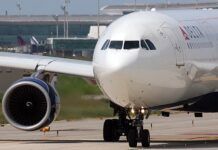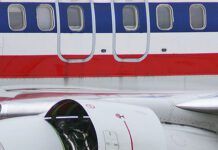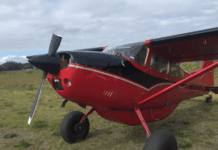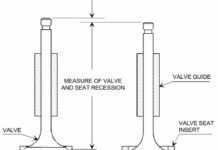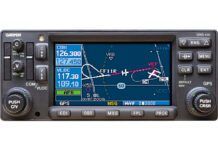Aviation regulation theory couldn’t be simpler. The freckle-necked masses aren’t expert enough to assess the relative risks in boarding a flying machine so we, as a society, allow the government to establish certain standards and rules designed to eliminate the most egregious practices that people trying to make money in the flying game will, quite naturally, engage in. Then, as predictably as the sun rising tomorrow, we bitch and moan about government interference.
Yet regulation is why, in part, modern aviation—even the relatively wild west of general aviation—is as safe as it is. The worst practices are kept at bay by the long arm of the FAA. Except, sometimes not. That’s why the NTSB issued an urgent safety recommendation Monday urging the FAA to prohibit commercial flights in aircraft where passengers aren’t equipped with quick-release restraints. This seems intuitively obvious, but it apparently wasn’t to FlyNYON, the operator of doors-off helicopter tours around New York city. Five people drowned last week when the helicopter they were riding autorotated into the East River after an engine failure and non-quick release harnesses kept them from egressing after the helo inverted.
The NTSB’s investigation soon revealed that the aircraft was equipped with harnesses of the tour operator’s own design that had not been inspected by the FAA. This raises some sticky regulatory issues. Did that constitute an unauthorized modification of the aircraft or will the attorney for the IA who signed off the annual argue that it was some kind of supplemental restraint not subject to FAR 27.785, which requires restraints with a single-point release? Technically, the harnesses had a single-point release, it just happened to be inoperable by the passenger without a knife. I won’t wade into the swamp of TSOs.
How could this slip through the regulatory cracks? One reason is that tour companies operate under Part 91, in a netherworld somewhere south of Part 135. For-hire tour operators are required to have pilot drug testing programs, but they don’t need defined op specs like other for-hire businesses. They operate under specific Letters of Agreement, the FAA’s all-purpose catchall strategy when both the industry and agency agree that more forceful regulation isn’t needed.
So far, so good. But this means the tour operators are on their own to exercise good judgment and common sense in a relatively unfettered commercial air business. One unavoidable question is this: Would an FAA inspector examining that harness rig put the kibosh on it? I’m gonna go with yes.
And thus the regulatory gap and the basis of the NTSB’s urgent safety recommendation. Here we reach a philosophical divide. On Monday, we put up a Question of the Week asking if more regulation is needed, specifically banning doors-off flights. Neither the FAA nor the NTSB have gone quite that far. Yet. More than a third of readers said such flights shouldn’t be banned and that passengers are on their own to assess risk based on informed consent.
I agree they shouldn’t be banned, but given what I view as a serious safety breach, either the LOAs should be hardened to require inspections or tour operators need to be held to a higher basic regulatory standard. There’s always a danger in knee-jerking toward new regulation on the basis of a single occurrence and regulation has to balance the public interest against chilling commercial vitality. But as I mentioned in last week’s blog, it’s unrealistic to think those passengers could have reasonably assessed the risk they were about to take. So how Darwinian do you want to be?
Every Saturday morning in the U.S., thousands of unsuspecting passengers sign up for tandem skydives. The perceived risk is so high that they sign multi-page waivers and the FAA allows the industry to exist in its own laissez-faire bubble. The demonstrated risk is rather lower. Still, inspectors do show up to have a look at these operations, examine the airplanes and look over the maintenance logs. Even though minimal, these inspections are sometimes capricious and intrusive because FAA inspectors can do that if they want. It appears to me that air tour operators don’t even get that much attention. If they did, maybe someone would have squawked those harnesses.


















